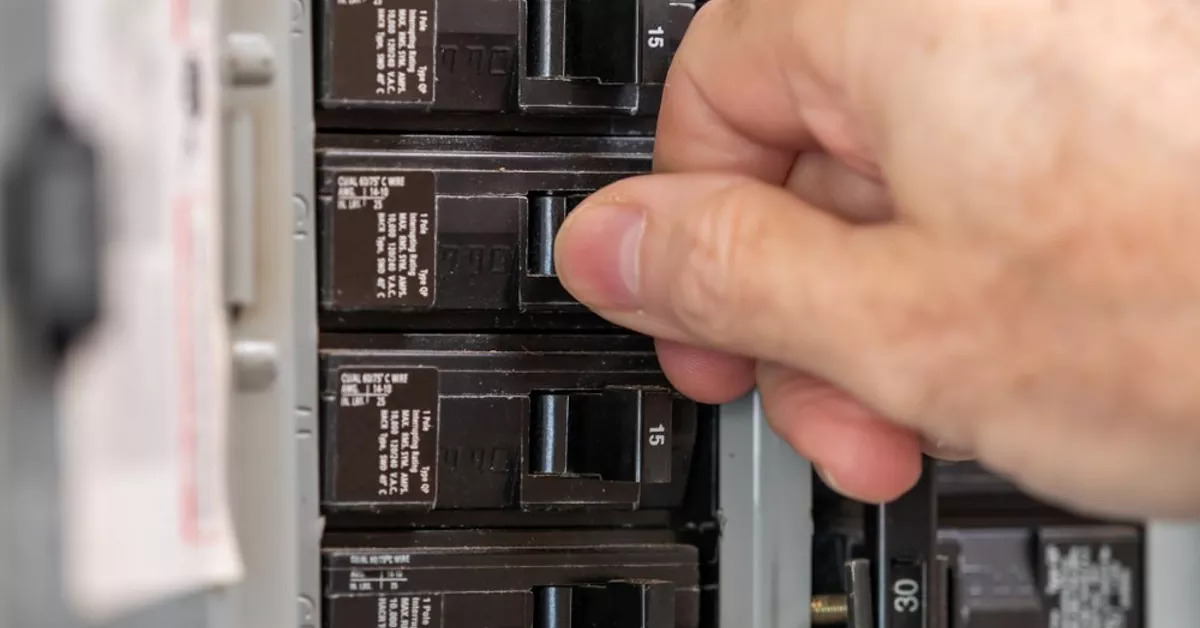

Articles
What Size Breaker For Hot Water Heater
Modified: December 7, 2023
Discover what size breaker is needed for your hot water heater in this helpful article. Find out the essential information you need to ensure optimal performance.
(Many of the links in this article redirect to a specific reviewed product. Your purchase of these products through affiliate links helps to generate commission for Storables.com, at no extra cost. Learn more)
Introduction
Choosing the right breaker size for your hot water heater is essential for the safe and efficient operation of the appliance. The breaker acts as a protective device, preventing excessive electrical current from flowing into the water heater and causing damage or potentially hazardous situations.
When determining the correct breaker size for your hot water heater, there are several factors to consider. These include the electrical requirements of the appliance, the size of the heater, and the type of electrical circuit it will be connected to.
In this article, we will explore the various factors involved in determining the breaker size for a hot water heater. We will discuss the electrical requirements, provide guidelines for sizing the breaker, and outline the steps you can take to ensure you choose the correct breaker size for your specific hot water heater.
By understanding the importance of proper breaker sizing and following the appropriate guidelines, you can ensure the safe and efficient operation of your hot water heater, avoiding potential electrical hazards and maximizing the lifespan of the appliance.
Key Takeaways:
- Properly sizing the breaker for your hot water heater is crucial for safe and efficient operation, preventing electrical hazards and maximizing appliance lifespan.
- Consider the electrical requirements, circuit type, and future expansion when determining the correct breaker size, ensuring compliance with codes and promoting safety.
Read more: What Size Wire For Hot Water Heater
Factors to consider when determining breaker size for hot water heater
When determining the breaker size for your hot water heater, there are several essential factors that should be considered. These factors will help ensure the safe and efficient operation of your appliance. Let’s explore them in more detail:
- Electrical requirements: The first factor to consider is the electrical requirements of your hot water heater. Different types of heaters have different power requirements, which are usually expressed in watts or amps. It is important to check the manufacturer’s specifications to determine the exact electrical requirements for your specific model.
- Size of the heater: The physical size of the hot water heater can also play a role in determining the breaker size. Larger heaters typically require more electrical power to function properly, requiring a higher amp breaker. Make sure to take into account the size and capacity of your heater when determining the appropriate breaker size.
- Type of electrical circuit: The type of electrical circuit the hot water heater will be connected to is another crucial factor. The two main types of circuits are 120-volt circuits and 240-volt circuits. Most standard residential hot water heaters operate on 240-volt circuits, while smaller models or certain specialized heaters may use 120-volt circuits. The type of circuit will influence the maximum breaker size that can be used.
- Electrical panel capacity: It is essential to consider the capacity of your electrical panel when determining the breaker size for your hot water heater. The panel should be able to support the additional load of the heater without overloading. If your electrical panel is already at its maximum capacity, you may need to upgrade or consider alternative solutions.
By taking these factors into careful consideration, you can ensure that the breaker size for your hot water heater is appropriate for the appliance’s electrical requirements and the capacity of your electrical system. This will promote safe and efficient operation while minimizing the risk of electrical issues or hazards.
Electrical requirements of hot water heaters
Understanding the electrical requirements of hot water heaters is crucial in determining the appropriate breaker size for your appliance. Different types of hot water heaters have varying electrical demands, which can vary based on factors such as the size of the heater and the heating method used. Let’s delve into the electrical requirements in more detail:
Power rating: Hot water heaters are typically rated in terms of power, measured in watts or amps. The power rating indicates the amount of electrical energy required to operate the heater effectively. It is important to check the manufacturer’s specifications or the nameplate on the appliance to determine the power rating.
Heating element type: Hot water heaters can have either one or two heating elements, depending on the design. Single-element heaters are more common in smaller residential units, while larger units often have dual elements. The heating elements are responsible for heating the water in the tank. Each heating element has a specific power rating, usually expressed in watts or amps.
Voltage: Hot water heaters can operate on different voltage levels. Common residential heaters operate on 240 volts, while smaller models or specialized heaters may use 120 volts. It is crucial to determine the voltage rating of your hot water heater before selecting the appropriate breaker size.
Amperage draw: The amperage draw of a hot water heater refers to the amount of current the appliance consumes while in operation. The amperage draw can vary based on the power rating, voltage, and heating element configuration of the heater. Heating elements typically have specified amperage ratings that can help determine the appropriate breaker size.
Wire size: The wire size used to connect the hot water heater to the electrical panel should be appropriate for the electrical demand. Larger heaters typically require larger gauge wires to handle the higher current load. It is crucial to consult the National Electrical Code (NEC) and local electrical codes for accurate wire sizing information.
By considering these electrical requirements and specifications, you can ensure that you select the right breaker size for your hot water heater. This will help prevent electrical issues, promote safety, and ensure the efficient operation of your appliance.
Sizing the breaker for a hot water heater
Determining the appropriate breaker size for a hot water heater is a critical step in ensuring the safe and efficient operation of the appliance. The breaker acts as a protective device, preventing excessive current from flowing into the heater. Here’s a guide to help you size the breaker correctly:
Check the manufacturer’s specifications: Start by checking the manufacturer’s specifications or the label on the hot water heater for information on the electrical requirements. Look for details such as voltage, wattage, or amperage ratings. These specifications will provide insights into the electrical demands of the appliance.
Determine the amperage draw: Calculate the amperage draw of the hot water heater by dividing the wattage by the voltage. For example, if your heater is rated at 5500 watts on a 240-volt circuit, the amperage draw would be 23 amps (5500 watts ÷ 240 volts = 22.92 amps). This calculation will give you an estimate of the amperage required.
Consider the circuit rating: Check the rating of the electrical circuit where the hot water heater will be connected. Make sure the circuit is capable of handling the amperage draw of the heater. In general, the circuit should have a rating equal to or greater than the amperage draw of the appliance. For instance, if your heater has an amperage draw of 23 amps, you should use a circuit with a minimum rating of 23 amps.
Check code requirements: Consult the National Electrical Code (NEC) and local electrical codes to ensure compliance with regulations. These codes will provide guidance on breaker sizing based on the specific wiring and circuit requirements in your area. It is essential to follow code requirements to maintain electrical safety.
Consider power quality: Additionally, assess the power quality in your area. If you experience frequent voltage fluctuations or surges, you may need to install additional protection devices such as surge protectors or voltage regulators. These devices can help safeguard your hot water heater from damage caused by unstable electrical conditions.
By following these guidelines and considering the manufacturer’s specifications, circuit ratings, and electrical codes, you can accurately size the breaker for your hot water heater. This will facilitate safe and reliable operation, reducing the risk of electrical hazards and ensuring the longevity of your appliance.
When determining the size of the breaker for a hot water heater, always refer to the manufacturer’s specifications for the correct amperage. This information can typically be found on the unit’s label or in the installation manual.
Steps to determine the correct breaker size for your hot water heater
Determining the correct breaker size for your hot water heater is essential to ensure its safe and efficient operation. Here are the steps you can follow to determine the appropriate breaker size:
- Refer to the manufacturer’s specifications: Start by checking the manufacturer’s documentation or the label on your hot water heater. Look for information regarding the electrical requirements, including voltage rating, wattage, or amperage.
- Calculate the wattage: If the wattage is provided, use this information to calculate the amperage draw. Divide the wattage by the voltage (typically 240 volts for residential heaters) to obtain the amperage draw of the heater.
- Verify the circuit rating: Check the circuit rating to ensure it can accommodate the amperage draw of the hot water heater. The circuit rating should be equal to or greater than the amperage draw to prevent overloading. If the circuit rating is lower than the calculated amperage draw, you may need to upgrade the circuit or select a smaller water heater.
- Consult electrical codes: Review the National Electrical Code (NEC) and local electrical codes to ensure compliance with regulations. These codes may specify minimum breaker sizes based on the amperage draw and wiring requirements. It is crucial to follow these codes for safety and to meet legal requirements.
- Consider future expansion: If you anticipate future upgrades or additions to your electrical system, it may be wise to select a breaker size that allows for additional capacity. This will help accommodate any potential increases in electrical demand without the need for further modifications.
- Consult a licensed electrician: If you are unsure about the specific requirements or have any concerns regarding the electrical aspects of sizing the breaker for your hot water heater, it is always advisable to consult a licensed electrician. They can provide expert guidance and ensure compliance with electrical codes and regulations.
By following these steps, you can determine the correct breaker size for your hot water heater, ensuring its safe and reliable performance. It is important to prioritize electrical safety and adhere to electrical codes to protect yourself, your home, and the longevity of your hot water heater.
Read more: What Size Socket Is A Water Heater Element
Common breaker sizes for different hot water heater types
The appropriate breaker size for your hot water heater depends on the specific electrical requirements of the appliance. Here are the common breaker sizes for different types of hot water heaters:
- Residential electric hot water heaters: For most residential electric hot water heaters, the common breaker sizes range from 20 to 30 amps. This can vary depending on the wattage and amperage draw of the specific heater. It is important to consult the manufacturer’s specifications and local electrical codes to determine the correct breaker size.
- Residential gas hot water heaters: Gas hot water heaters typically require a smaller breaker size compared to electric heaters. A common breaker size for residential gas hot water heaters is 15 amps. However, it’s important to note that while gas heaters still require electricity to operate, the electrical demand is significantly lower than in electric heaters.
- Commercial electric hot water heaters: Commercial electric hot water heaters have higher power demands due to their larger capacity and usage in commercial settings. The common breaker sizes for commercial electric heaters can range from 30 to 60 amps, depending on the specific wattage and amperage draw of the unit. Consult the manufacturer’s specifications and electrical codes for accurate sizing information.
- Commercial gas hot water heaters: Similar to residential gas hot water heaters, commercial gas heaters require a smaller breaker size compared to their electric counterparts. A common breaker size for commercial gas hot water heaters is 15 amps. However, it’s important to check the manufacturer’s specifications and the local electrical codes to confirm the appropriate breaker size for the specific heater.
- Tankless hot water heaters: Tankless hot water heaters, also known as on-demand water heaters, have specific electrical requirements. The breaker size for tankless heaters can vary depending on the wattage and amperage draw of the unit. Common breaker sizes for tankless heaters range from 30 to 60 amps for residential units, and higher for commercial applications. Check the manufacturer’s specifications and electrical codes for accurate sizing information.
It is crucial to note that breaker sizes may vary depending on the specific model, capacity, and electrical requirements of the hot water heater. Always refer to the manufacturer’s specifications and consult with a licensed electrician to ensure that the breaker size is appropriate for your specific appliance and complies with local electrical codes. This will ensure the safe and efficient operation of your hot water heater.
Conclusion
Choosing the correct breaker size for your hot water heater is essential for ensuring the safe and reliable operation of the appliance. By considering the electrical requirements, size of the heater, type of electrical circuit, and capacity of your electrical panel, you can determine the appropriate breaker size.
Start by referring to the manufacturer’s specifications and calculating the amperage draw based on the wattage and voltage of the heater. Verify that the circuit rating is equal to or greater than the amperage draw to avoid overloading the circuit. It is also important to consult the National Electrical Code (NEC) and local electrical codes to ensure compliance and safety.
In general, residential electric hot water heaters commonly require breaker sizes ranging from 20 to 30 amps, while residential gas hot water heaters typically require a 15-amp breaker. Commercial electric hot water heaters may need breaker sizes from 30 to 60 amps, depending on the wattage and amperage draw. Commercial gas hot water heaters usually require a 15-amp breaker.
For tankless hot water heaters, breaker size can vary, so it is important to consult the manufacturer’s specifications and electrical codes. Always consider future expansion and consult a licensed electrician if you are unsure about the specific requirements or have concerns regarding sizing the breaker.
By following these guidelines and ensuring that the breaker size is appropriate, you can promote safety, prevent electrical hazards, and maximize the efficiency of your hot water heater. Remember to prioritize electrical safety and adhere to electrical codes to protect yourself, your home, and your appliance.
Properly sizing the breaker for your hot water heater will provide peace of mind, allowing you to enjoy safe and reliable hot water for years to come.
Frequently Asked Questions about What Size Breaker For Hot Water Heater
Was this page helpful?
At Storables.com, we guarantee accurate and reliable information. Our content, validated by Expert Board Contributors, is crafted following stringent Editorial Policies. We're committed to providing you with well-researched, expert-backed insights for all your informational needs.
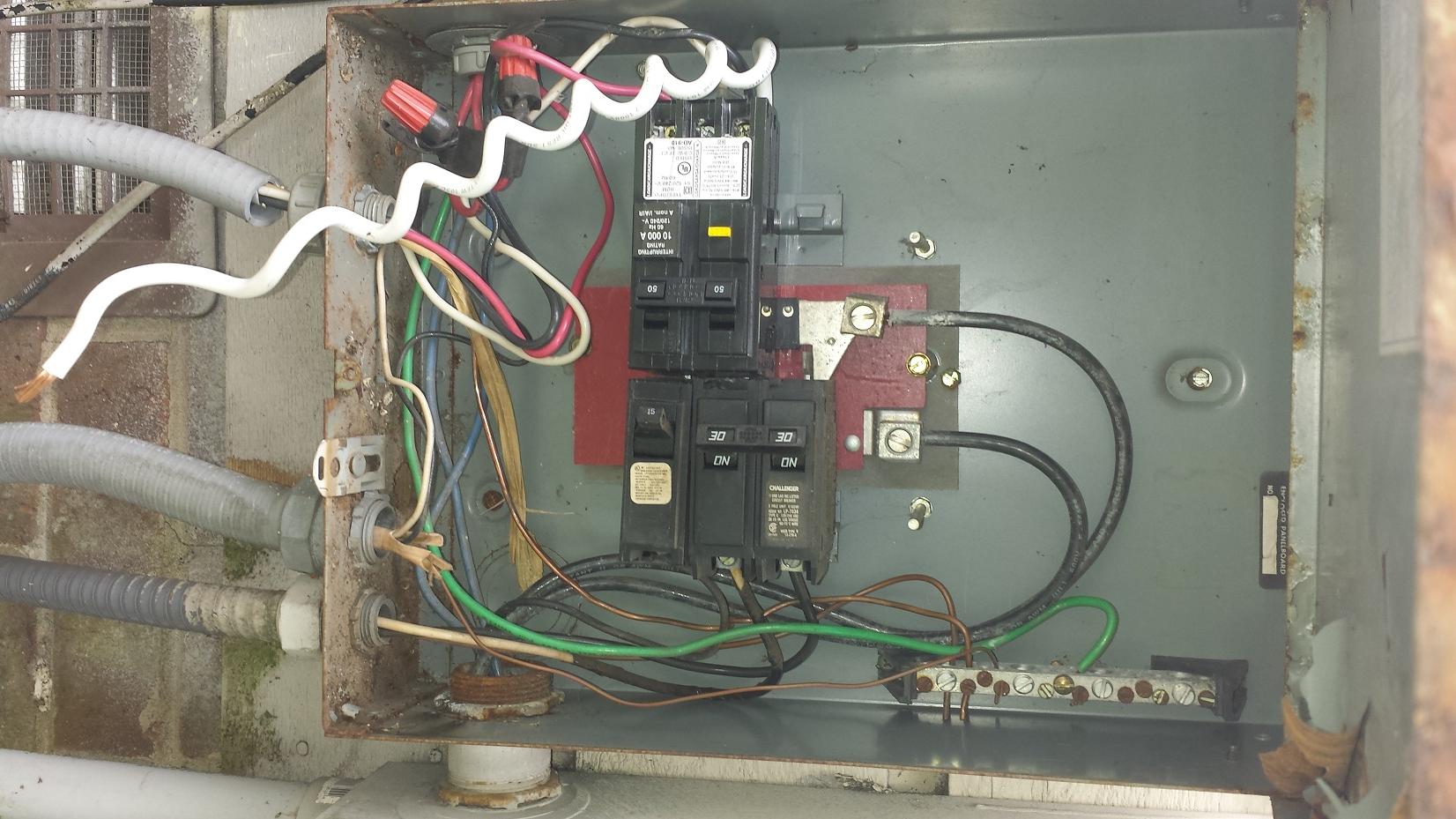
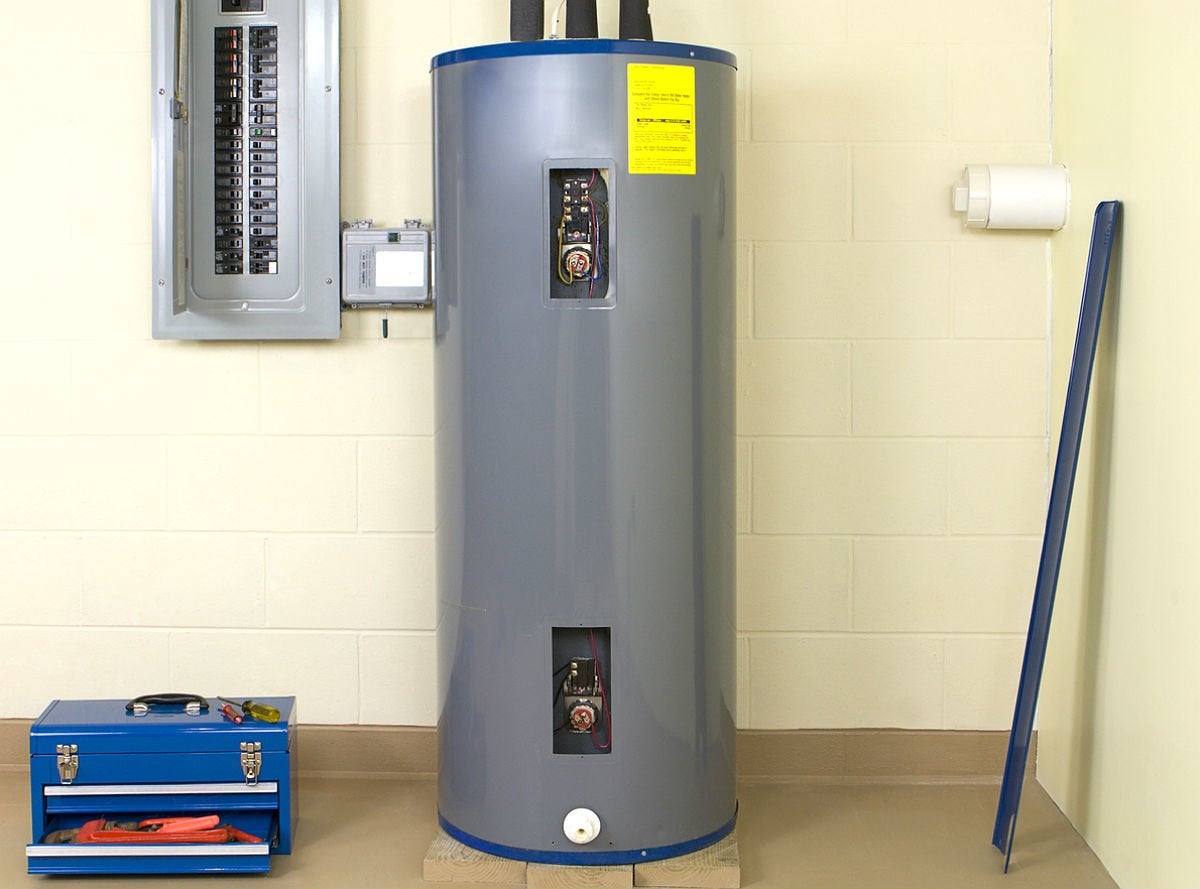
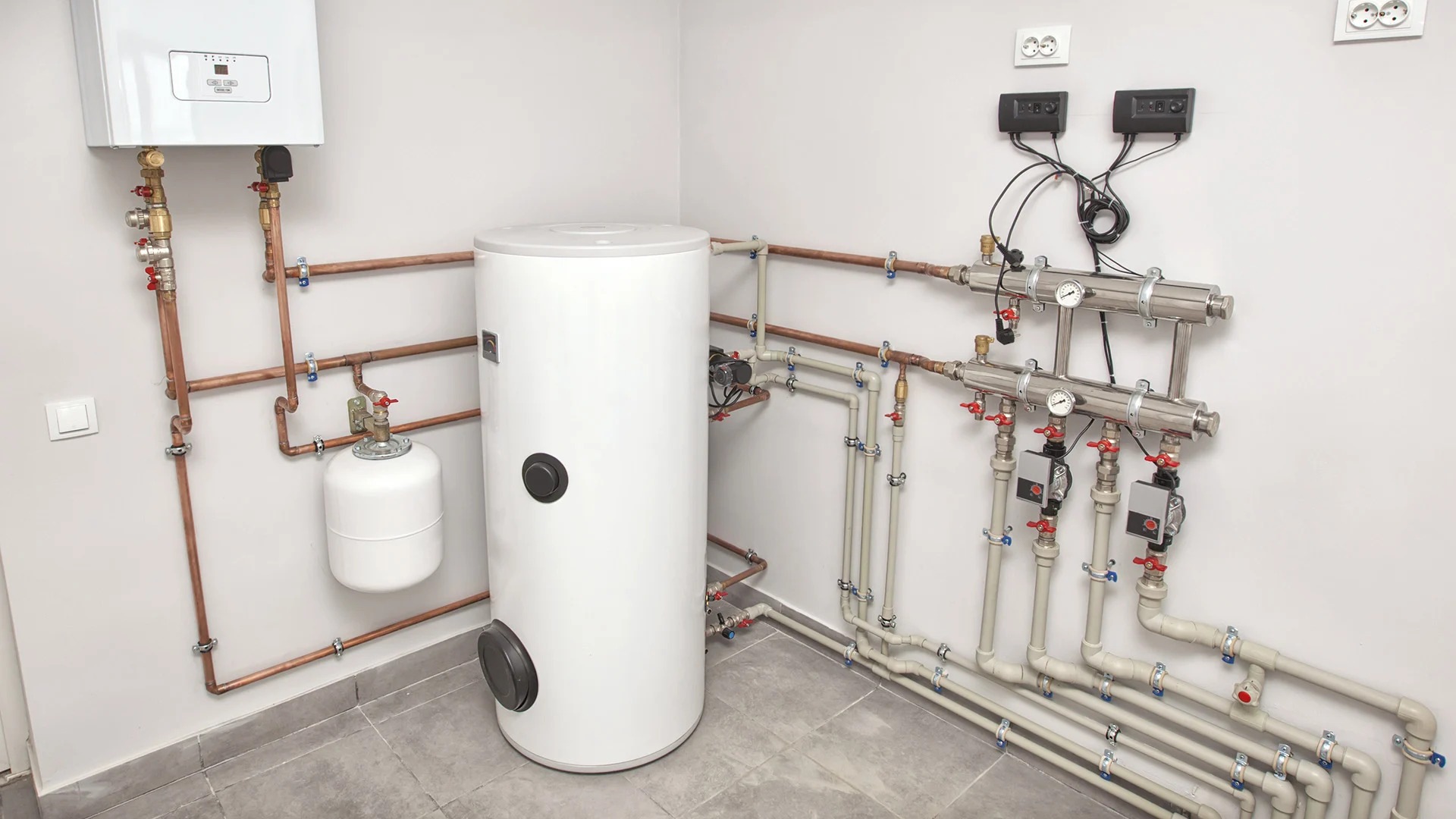
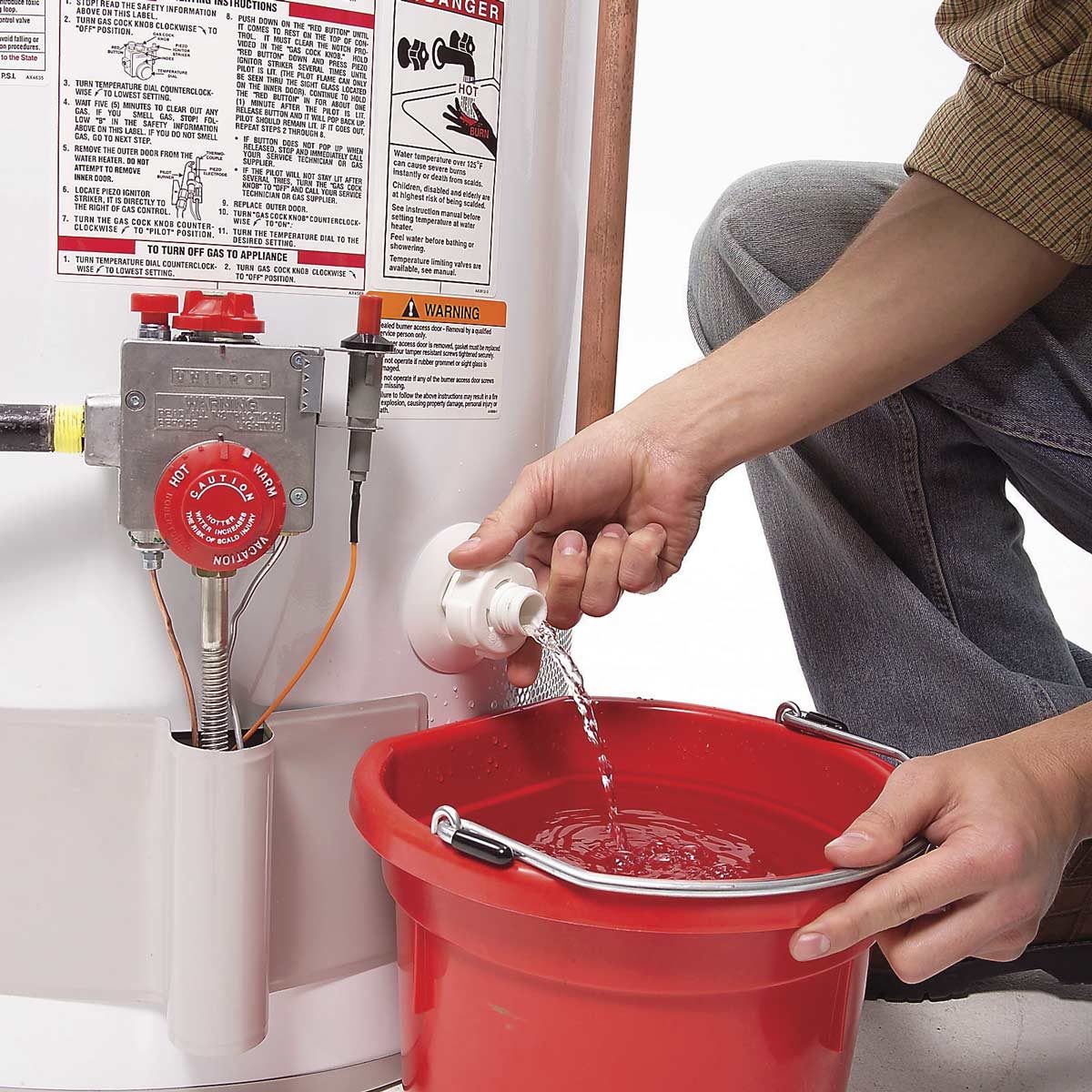
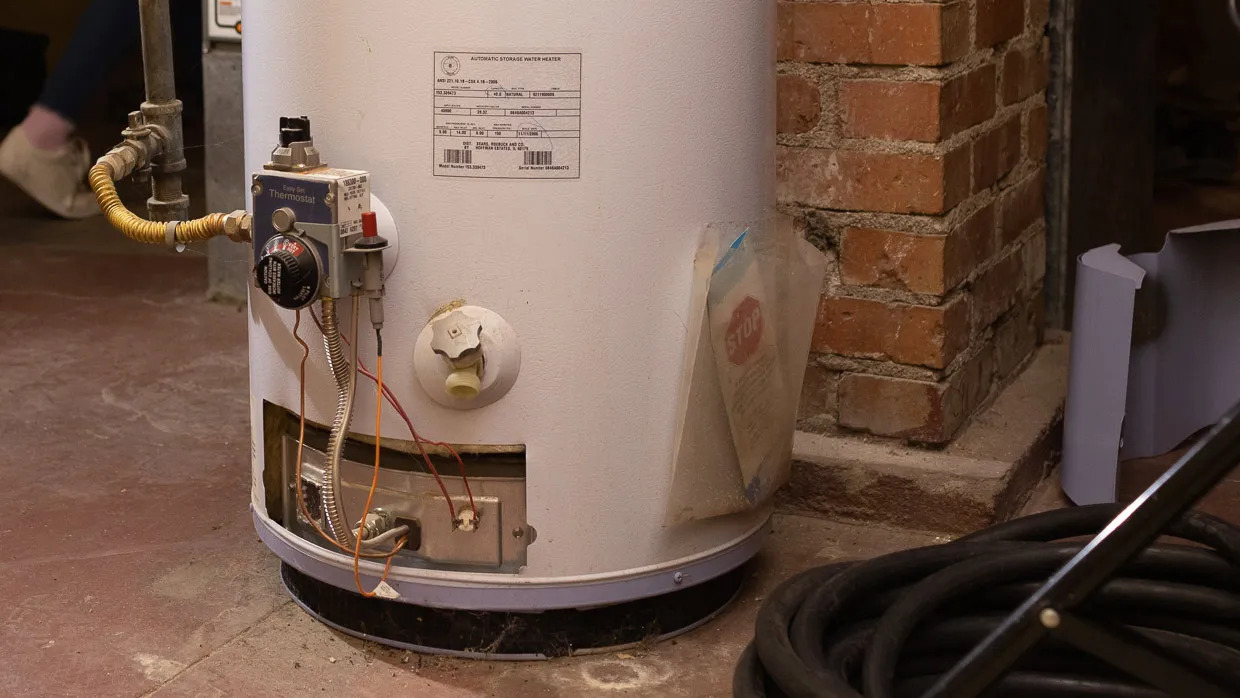
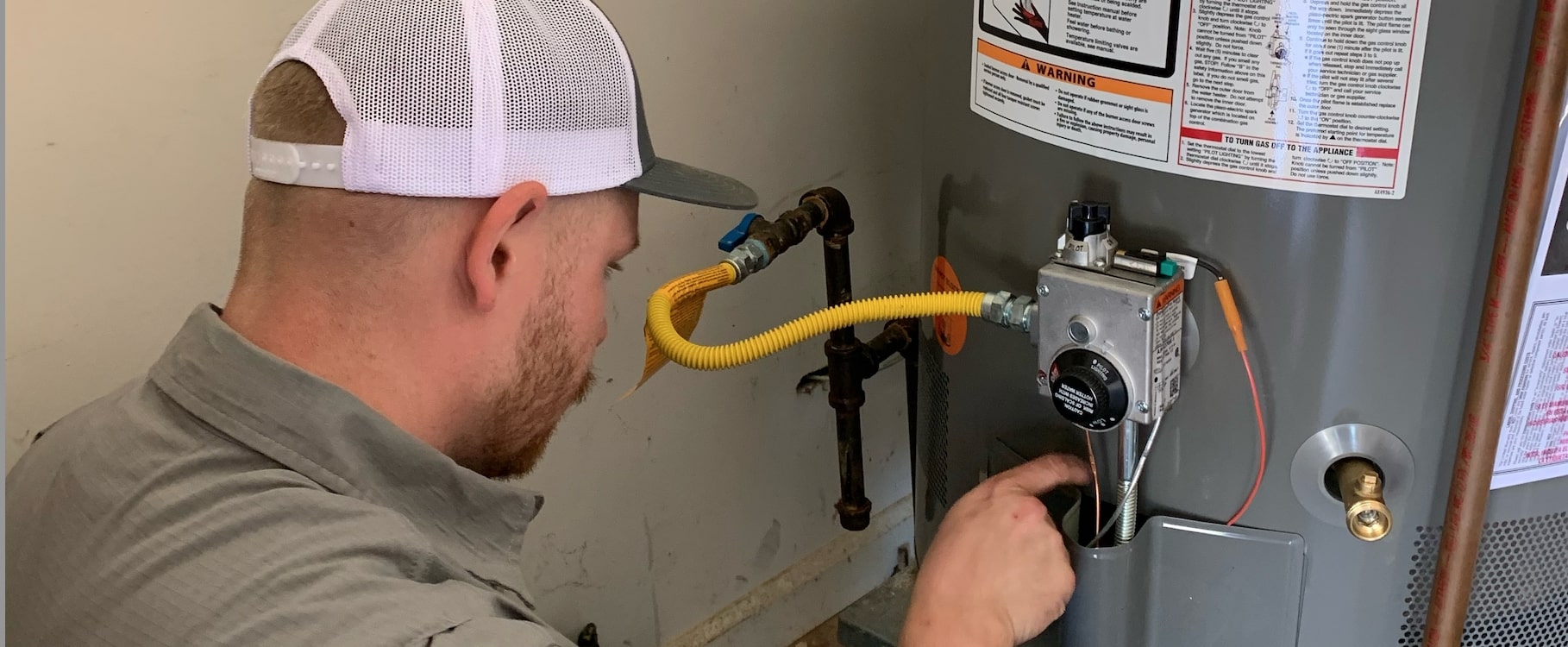
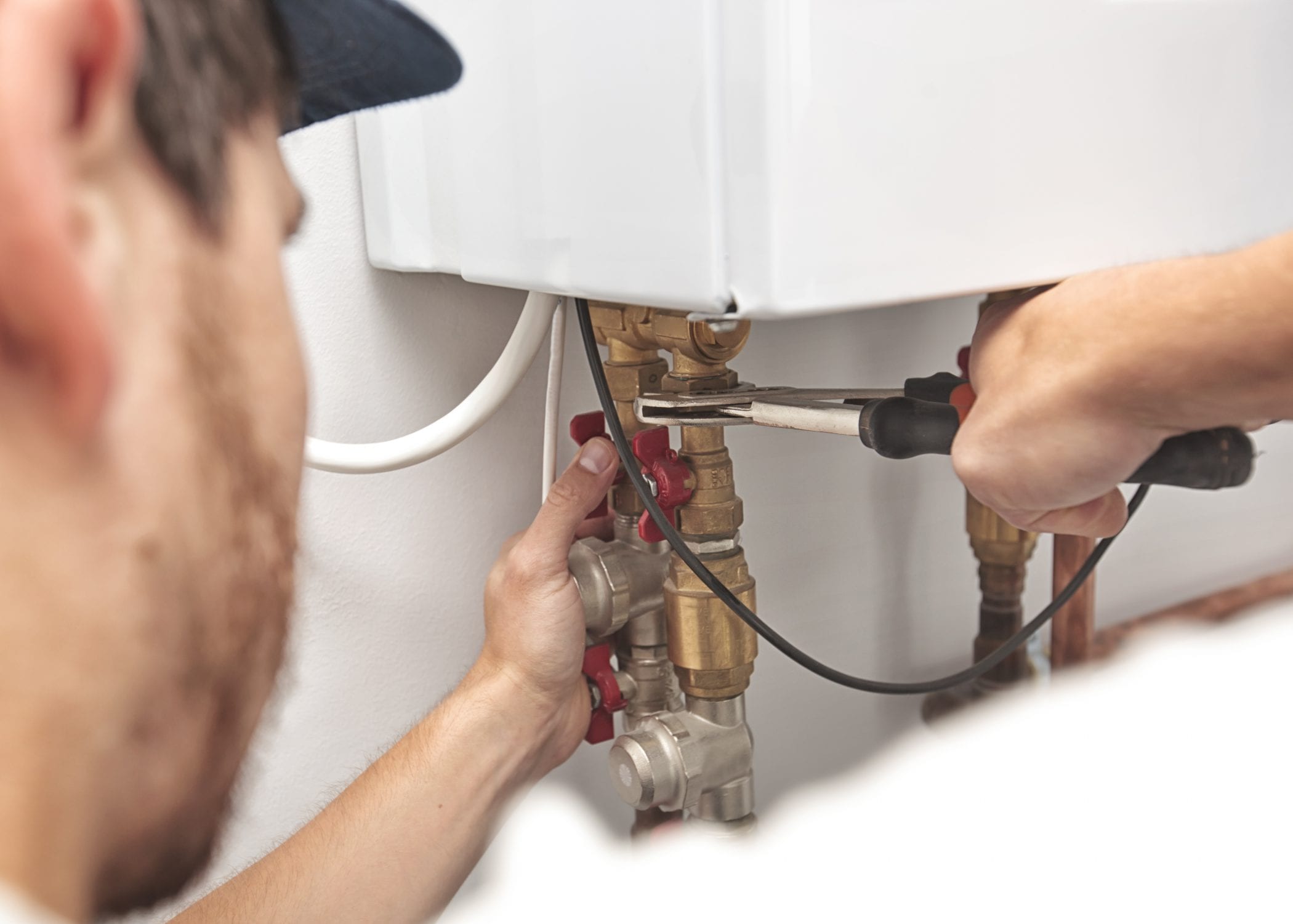
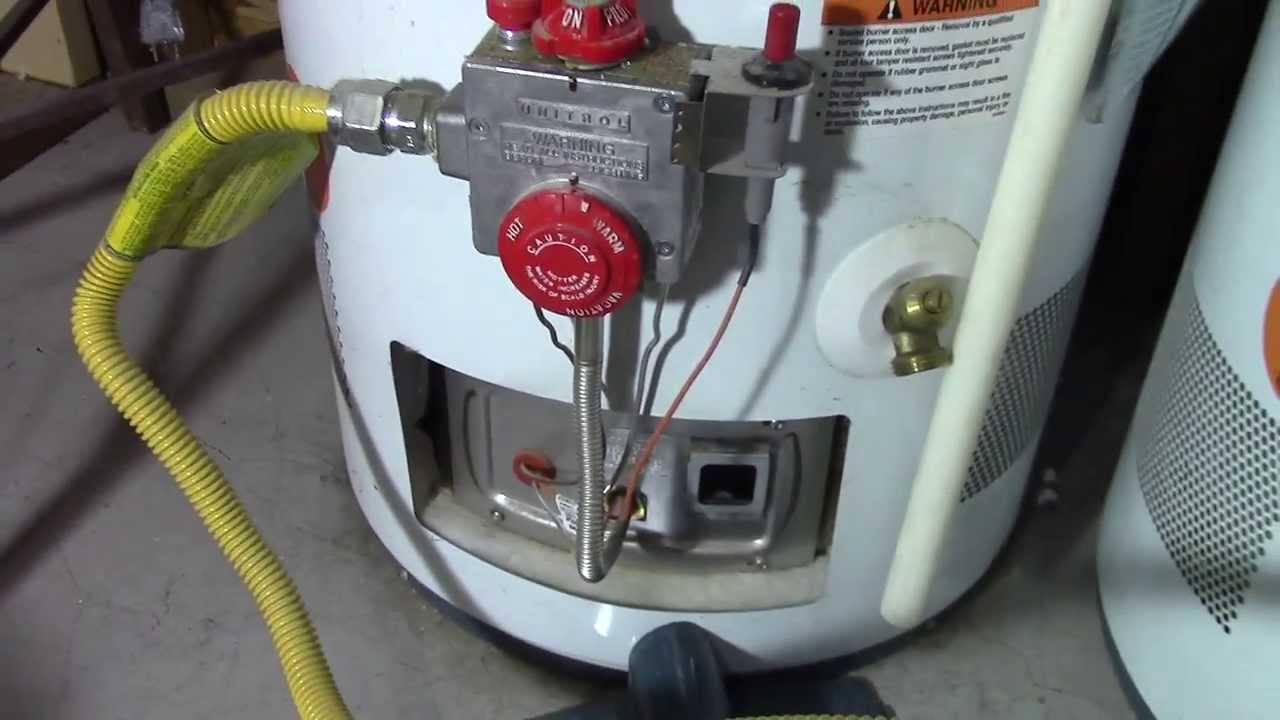

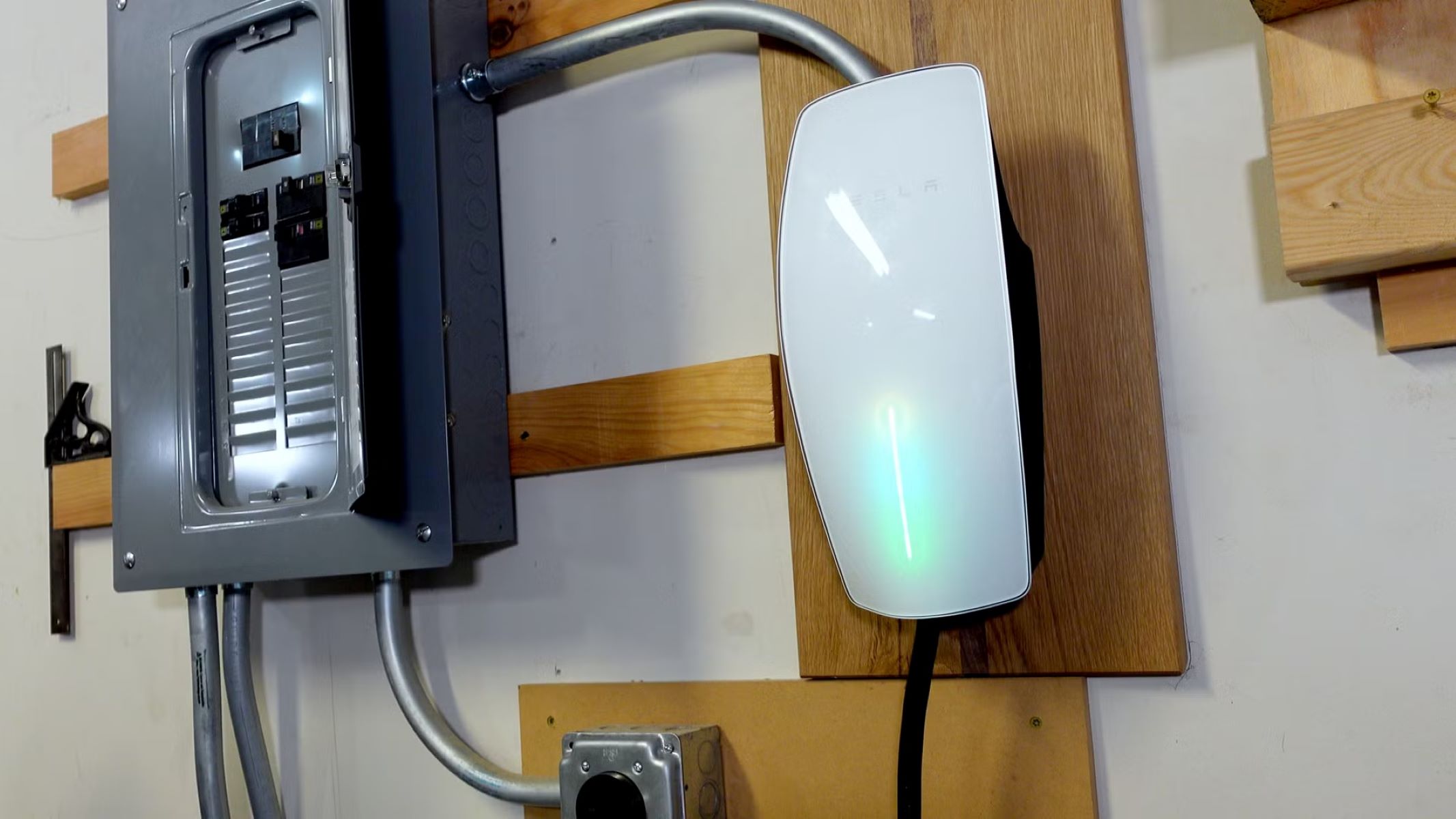
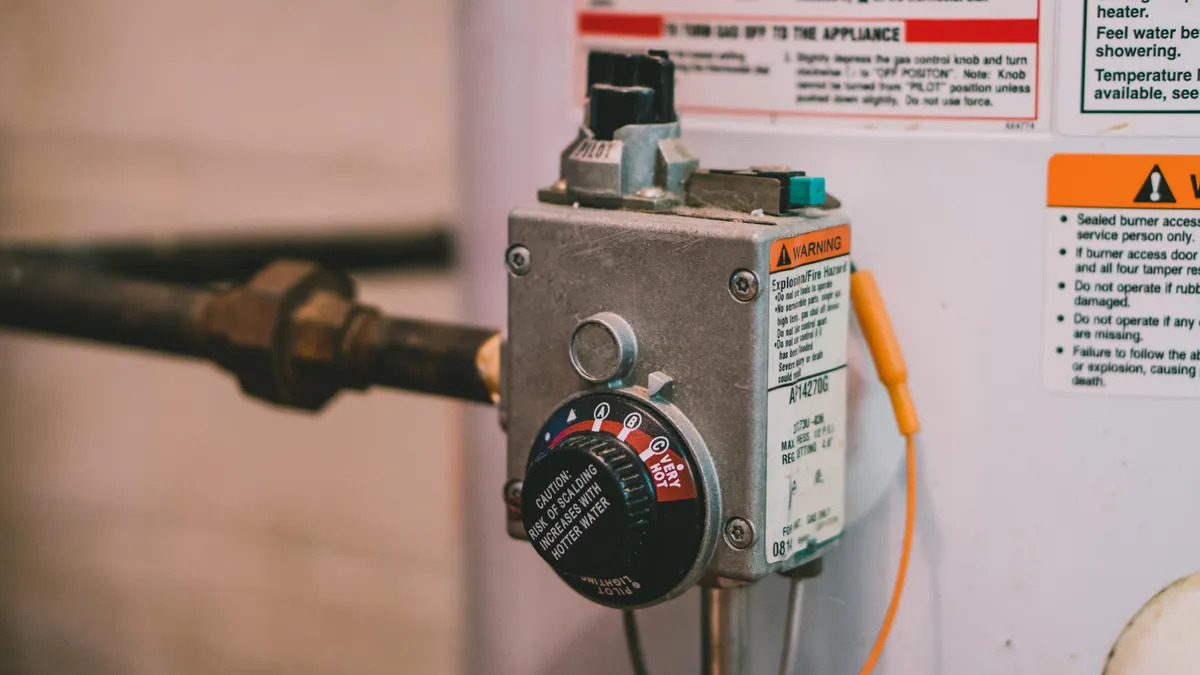
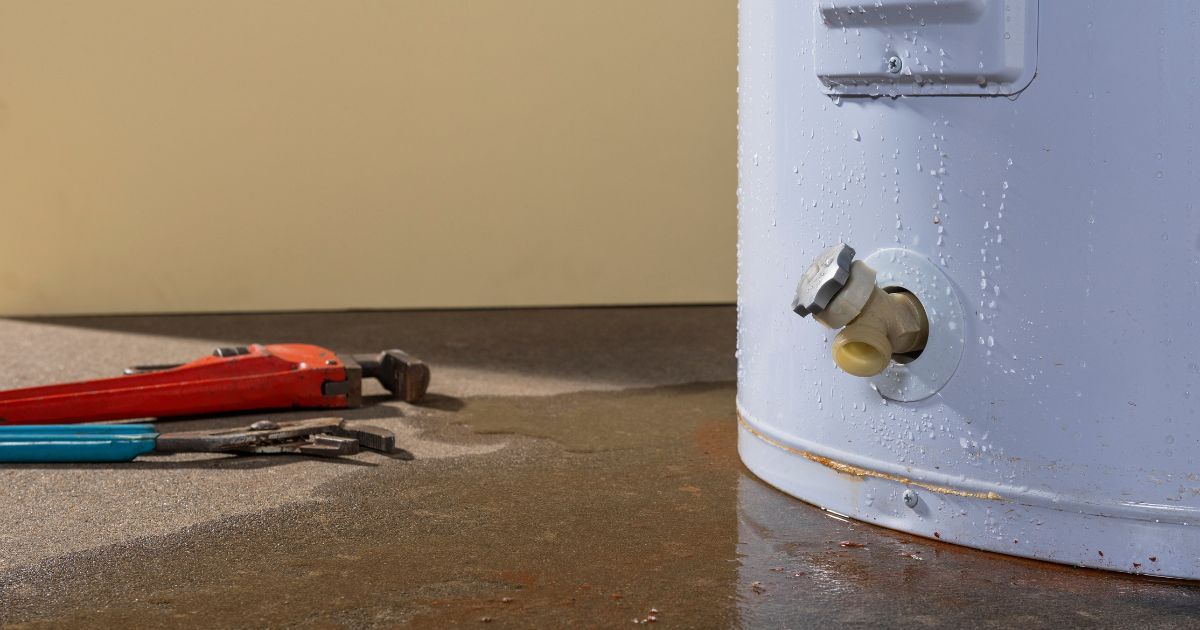
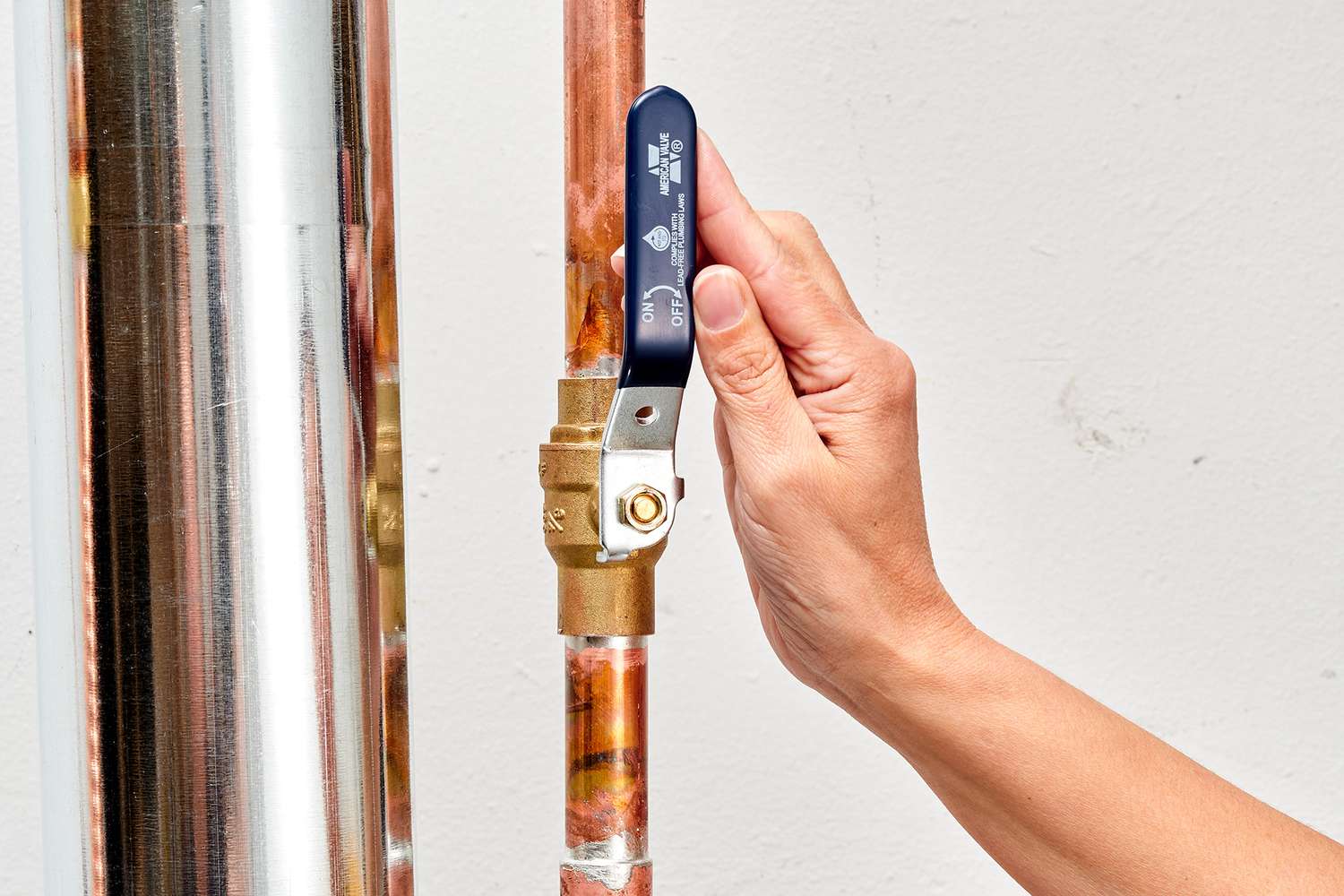
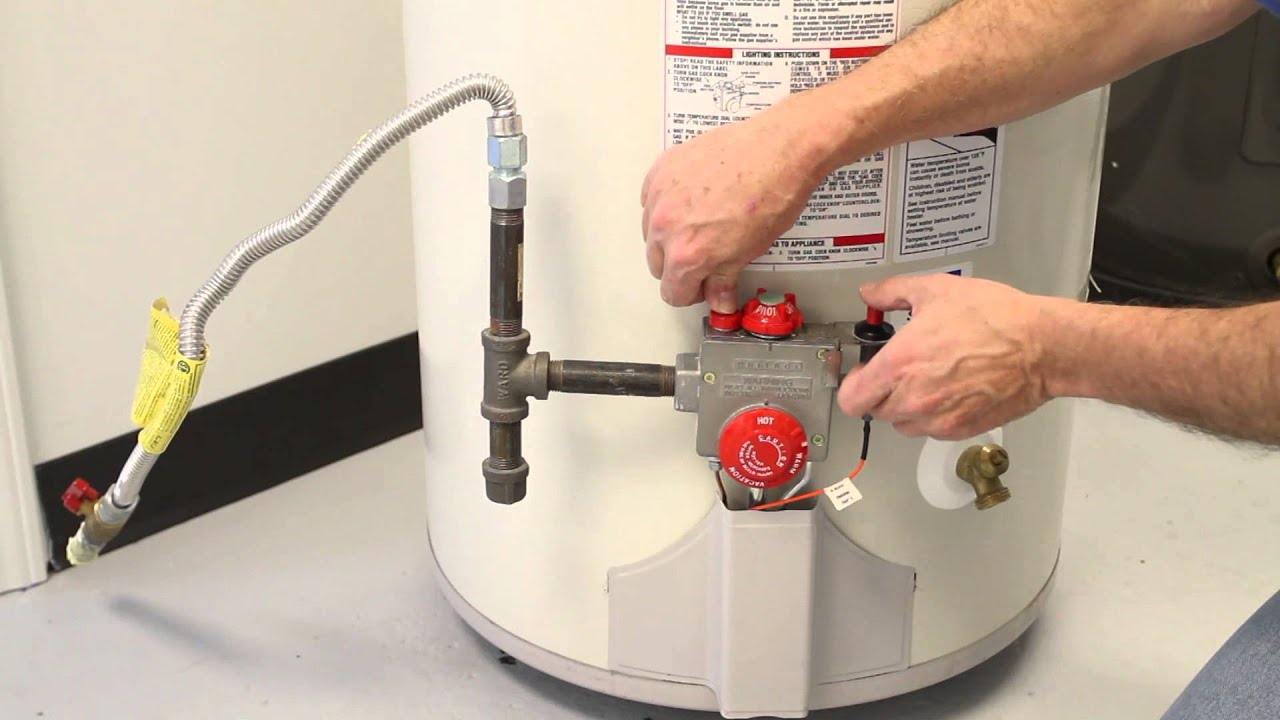

0 thoughts on “What Size Breaker For Hot Water Heater”